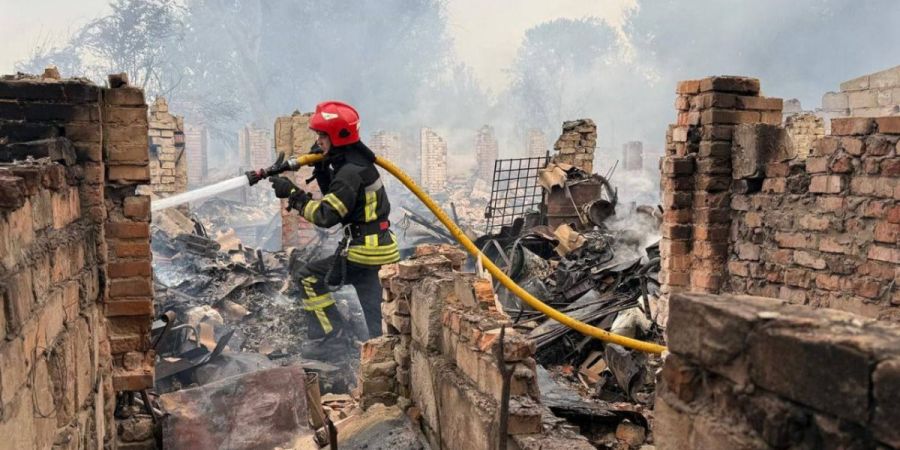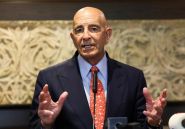Ukraine Says Russia Launched Largest Drone, Missile Attack of War
- 09/07/2025
- 5 comments
- 36
- 125


This is Beirut 08/07 22:00

Bassam Abou Zeid 08/07 21:50

This is Beirut 08/07 18:00

This is Beirut 08/07 17:45

Carine Kassis 08/07 15:30

This is Beirut 10:40

This is Beirut 09:15

This is Beirut 09:00

This is Beirut 08:50

This is Beirut 05:40
This is Beirut 08/07 16:23
Rayan Chami 08/07 15:20
This is Beirut 08/07 12:40
This is Beirut 07/07 15:35

Liliane Mokbel 07/07 18:10

Christiane Tager 07/07 17:25

Christiane Tager 04/07 09:15

Liliane Mokbel 03/07 16:25

Christiane Tager 02/07 19:40

Bélinda Ibrahim 08/07 18:00

This is Beirut 08/07 16:25

This is Beirut 08/07 16:00

This is Beirut 08/07 12:30

This is Beirut 08/07 10:30

This is Beirut 08/07 19:25

This is Beirut 08/07 15:10

This is Beirut 08/07 12:35

This is Beirut 08/07 10:10

This is Beirut 07/07 18:15

Makram Haddad 03/07 22:00

Bélinda Ibrahim 03/07 14:00

Bélinda Ibrahim 02/07 18:00

This is Beirut 02/07 10:20

This is Beirut 02/07 10:10

par Ici Beyrouth, 11:05

par Ici Beyrouth, 11:00

par David Sahyoun, 11:00

par Ici Beyrouth, 10:30

par Ici Beyrouth, 10:25